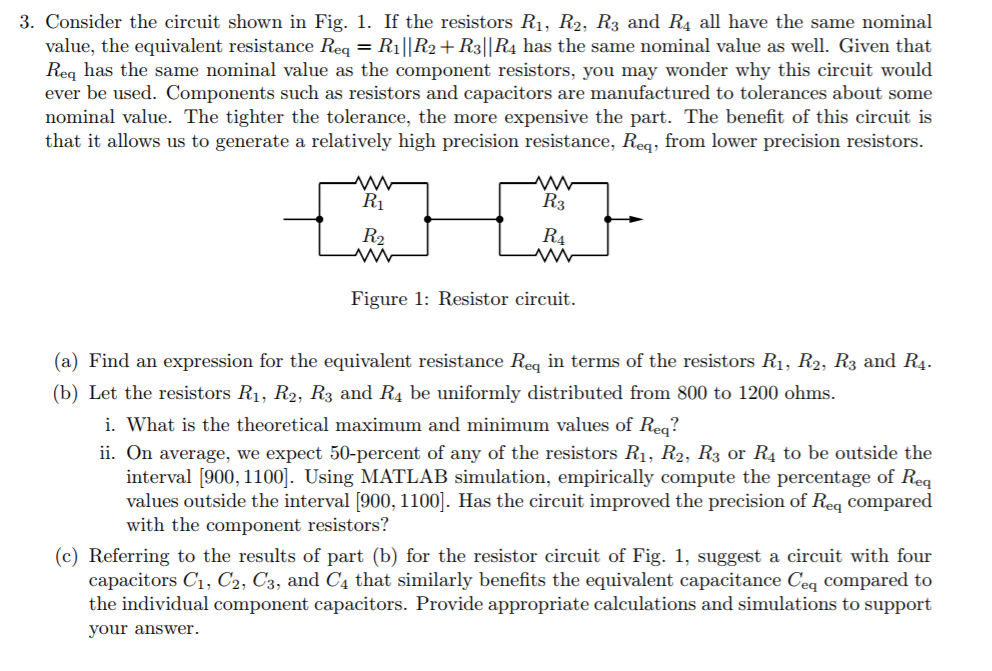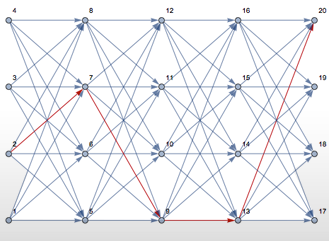

In the 1888 edition of his book The Logic of Chance, John Venn wrote a chapter on The conception of randomness that included his view of the randomness of the digits of pi, by using them to construct a random walk in two dimensions. The invention of calculus had a positive impact on the formal study of randomness. It was only in the 16th century that Italian mathematicians began to formalize the odds associated with various games of chance. The Greek philosophers discussed randomness at length, but only in non-quantitative forms. The formalization of odds and chance was perhaps earliest done by the Chinese of 3000 years ago. Beyond religion and games of chance, randomness has been attested for sortition since at least ancient Athenian democracy in the form of a kleroterion. Most ancient cultures used various methods of divination to attempt to circumvent randomness and fate. Many ancient peoples threw dice to determine fate, and this later evolved into games of chance.

In ancient history, the concepts of chance and randomness were intertwined with that of fate. Īncient fresco of dice players in Pompei.

It can be proven that there is infinite hierarchy (in terms of quality or strength) of forms of randomness. Calude stated that "given the impossibility of true randomness, the effort is directed towards studying degrees of randomness". Misunderstanding this can lead to numerous conspiracy theories. Mathematician Theodore Motzkin suggested that "while disorder is more probable in general, complete disorder is impossible". Īccording to Ramsey theory, pure randomness is impossible, especially for large structures. That is, if the selection process is such that each member of a population, say research subjects, has the same probability of being chosen, then we can say the selection process is random. In situations where a population consists of items that are distinguishable, a random selection mechanism requires equal probabilities for any item to be chosen. Note that a random selection mechanism that selected 10 marbles from this bowl would not necessarily result in 1 red and 9 blue. For example, with a bowl containing just 10 red marbles and 90 blue marbles, a random selection mechanism would choose a red marble with probability 1/10. Random selection, when narrowly associated with a simple random sample, is a method of selecting items (often called units) from a population where the probability of choosing a specific item is the proportion of those items in the population. By analogy, quasi-Monte Carlo methods use quasi-random number generators. Monte Carlo methods, which rely on random input (such as from random number generators or pseudorandom number generators), are important techniques in science, particularly in the field of computational science. Randomness is most often used in statistics to signify well-defined statistical properties. These and other constructs are extremely useful in probability theory and the various applications of randomness. A random process is a sequence of random variables whose outcomes do not follow a deterministic pattern, but follow an evolution described by probability distributions. Random variables can appear in random sequences. This association facilitates the identification and the calculation of probabilities of the events. In statistics, a random variable is an assignment of a numerical value to each possible outcome of an event space. The fields of mathematics, probability, and statistics use formal definitions of randomness. Randomness applies to concepts of chance, probability, and information entropy. In this view, randomness is not haphazardness it is a measure of uncertainty of an outcome. For example, when throwing two dice, the outcome of any particular roll is unpredictable, but a sum of 7 will tend to occur twice as often as 4. Individual random events are, by definition, unpredictable, but if the probability distribution is known, the frequency of different outcomes over repeated events (or "trials") is predictable. A random sequence of events, symbols or steps often has no order and does not follow an intelligible pattern or combination. Wolfram Knowledgebase Curated computable knowledge powering Wolfram|Alpha.In common usage, randomness is the apparent or actual lack of pattern or predictability in events. Wolfram Universal Deployment System Instant deployment across cloud, desktop, mobile, and more. Wolfram Data Framework Semantic framework for real-world data.


 0 kommentar(er)
0 kommentar(er)
